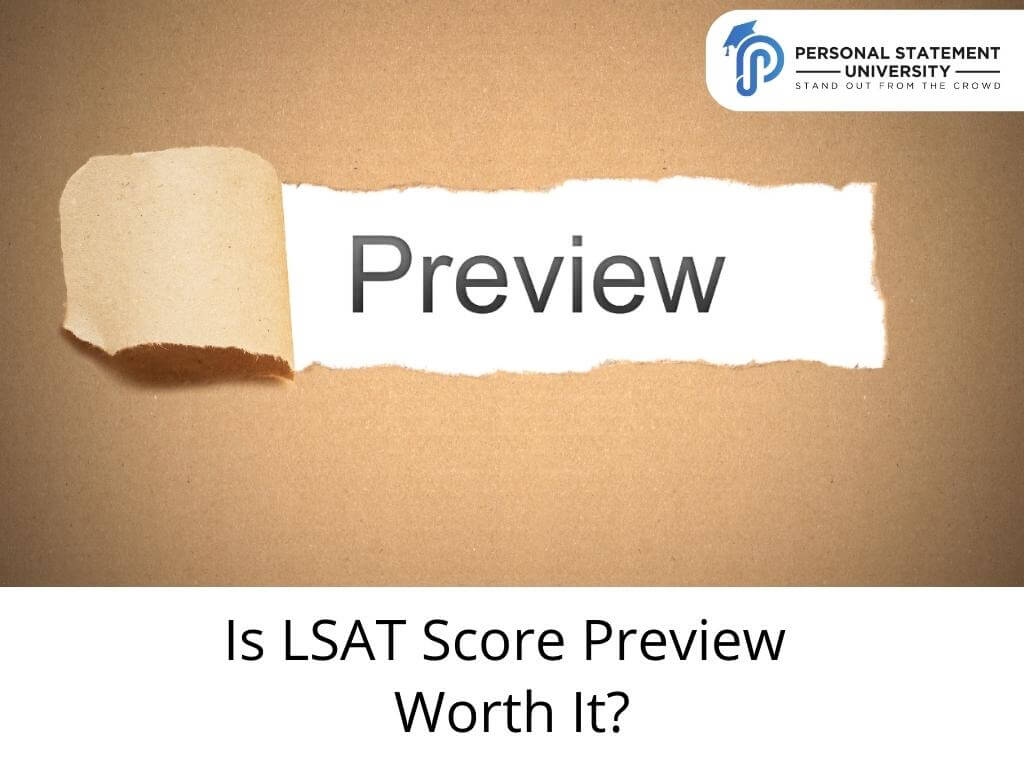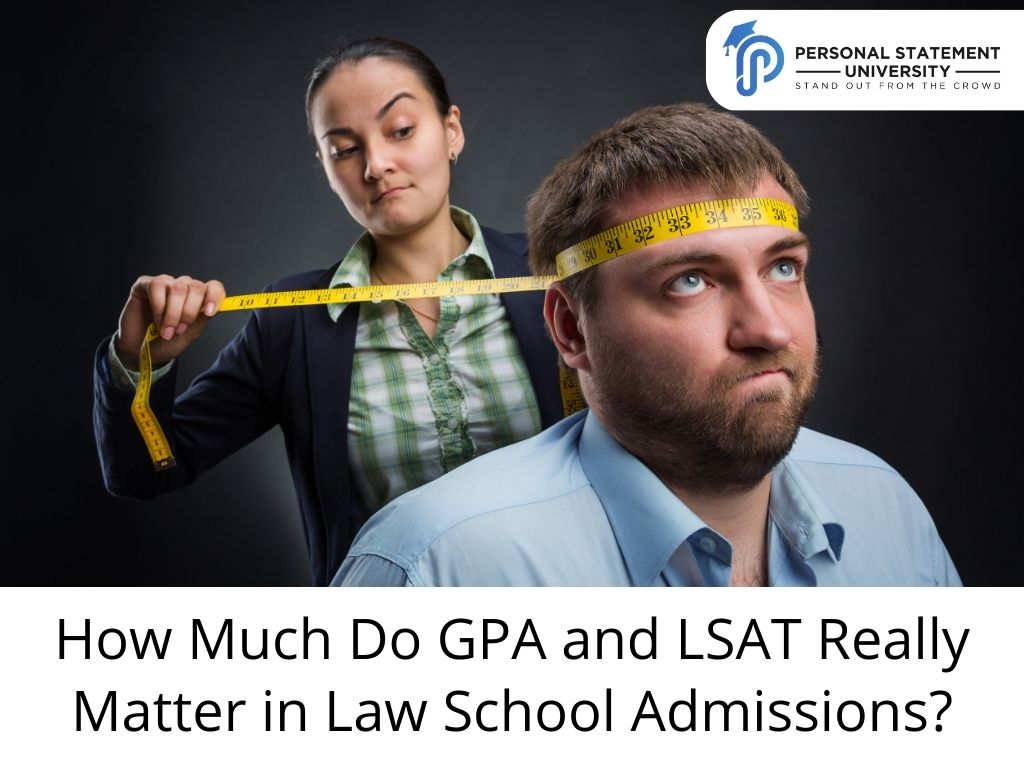How To Do An Addendum Right
Still Confused?
Get in touch with us for
professional guidance.


We all make mistakes.
Sometimes we have to account for them, like when we apply to law school or submit to a character and fitness examination by the state bar. When it comes to your law school applications, you might be allowed – or sometimes even required – to write an essay explaining your mistake(s). An addendum, which is just a fancy way of saying an explanation of a negative fact, is the way law schools learn about those mistakes and, importantly, how they understand the context of the mistake.
These are usually written to explain a semester of bad grades, a finding of academic dishonesty, or a criminal conviction, but they can be used to explain any unflattering part of your past.
Do I have to write one?
You only have to write one if a law school application requires it of you. This is usually when they ask if you’ve been accused or convicted of a crime or if you’ve received a determination of academic dishonesty in your educational career. In this case, you must write one.
Should I write one even if I don’t have to?
I have a philosophy which is that you should submit all the optional application items you can, assuming you can do them right and not rehash other parts of your application. While you may not want to focus on that momentary lapse of judgment, these essays can actually really help your odds if you do them right.
The Main Don’t
Before we talk about how to do them right, though, let’s just be clear about how wrongly they can be done and how they can really diminish your chances: Do not use this as an opportunity to excuse your behavior or trash the people who held you accountable.
I actually had the chance to see how bad this approach is firsthand. I helped a student once who was caught violating the rules at the LSAT, was kicked out (this was when the test was in-person, obviously), and stormed out hurling four-letter words at the proctors. This student, before consulting with me, sent an addendum with his applications that denied that he had violated any rules and then justified the subsequent tirade on that basis. He was rejected from every school he applied to.
The next year (yes, he had to wait a year to apply again), we worked on his addendum, and instead of sending a defensive addendum, he sent one that took ownership of his behavior and provided additional insight, as I’ll discuss in a moment. He was admitted to his top choice with a partial scholarship. His LSAT score and GPA were unchanged between those years.
How To Do It Right
An addendum essay should do the following two things:
- Explain the negative event in full
- Provide clear evidence that the negative event (or something similar) will *not* occur again in the future
Regarding the first requirement: Law schools will Google you, and if there’s a record out there of the event and you haven’t disclosed the worst parts, you look untrustworthy, and into the rejection pile, you go. Regarding the second requirement: Law schools are investing in you when they accept you, and if they think this bad judgment hasn’t been fixed, they’re going to worry that it will happen again. No admission letter for you.
There’s one exception to the second requirement, which is getting arrested at a protest or in another act of civil disobedience like a sit-in. If social justice is your fight, then go ahead and write the addendum, but let them know that you believed in your cause and no one was harmed by your actions. In other words, you should still explain fully, but you needn’t prove it won’t happen again. Heck, one of your law school professors could be getting arrested alongside you next time!
How To Use The Addendum To Your Advantage
Most people write these essays hastily and unconvincingly because it’s not pleasant to dwell on our mistakes or write about how bad they were. So, they come out as an exercise in self-punishment, as though the point is for you to prove you feel really, eternally awful about what you did.
While it is appropriate to briefly express regret for your actions once you’ve explained them, it’s best to focus your essay primarily on what you have learned and how you’ve changed for the better as a result of your mistake.
For instance, if you’re writing an essay about a bad semester of grades, talk about the self-discipline you successfully developed and your new study habits. This is actually a way to use the essay to talk about why you’ll be a great choice for law school. In other words, even though you’re not being asked to sell yourself here…
Sell. Yourself. Here.
What life lessons did you learn? Did you meet someone along the way who influenced you positively, like a professor or attorney, or judge? Talk about what you’ve learned from them.
A Good Example
Dear admissions committee:
On the night of November 4, 20XX, I was arrested for driving under the influence of alcohol. I had been drinking at a friend’s house, and after having about five beers over the course of three hours, I made the mistake of driving home.
I was pulled over by a police officer about a mile from my home, and the officer performed a sobriety test, which I failed. After having me blow into a breathalyzer, he placed me under arrest, took me to jail, and arranged for my car to be impounded. The reading on the breathalyzer was .10, which was well over the legal limit of .03 for someone who, like me at the time, was under the age of 21.
I pleaded guilty and was sentenced to 500 hours of community service as well as a diversion program, both of which I completed.
I don’t have an excuse for my behavior. I was aware of the potential consequences at the time I chose to drive drunk. I knew that lots of people – drunk drivers and their victims alike – had been killed or gravely injured in a drunk driving accident, and yet I chose to drive anyway. I deeply regret that mistake.
And while no one wants to be thrown in jail or sentenced to community service, I am profoundly grateful that the officer intervened that evening. I consider the consequences that I faced to be a blessing because they taught me so much and gave me the opportunity to atone for my mistake.
As part of my diversion program, we visited a rehab center with several residents who’d been injured in drunk driving accidents. I learned their stories, and they helped to put a face to the pedestrians, bicyclists, and other drivers I put in danger the night I was arrested.
My arrest and punishment have had a profound effect on me, one that I hope has made me a better person. I know how important it is to see the value in others. It’s also one of the life experiences that compelled me to go to law school. In a sense, the law intervened in my life to protect me and others, and I’d like to give back as an advocate for those who have been harmed, as well as for those who have made grave mistakes as I did.

Let Personal Statement University Put You on the Path to the Law School of Your Dreams:
Application Consulting - Work with a 15-year veteran of law school admissions who's helped thousands of people get admitted.
Essay Editing - Whether it's a personal statement, diversity statement, addendum, or another essay, we'll make sure it's polished and targeted.
The World's Only Interactive Personal Statement Course - Learn everything you need to know to get admitted - and find the right schools for you - for just $99.



